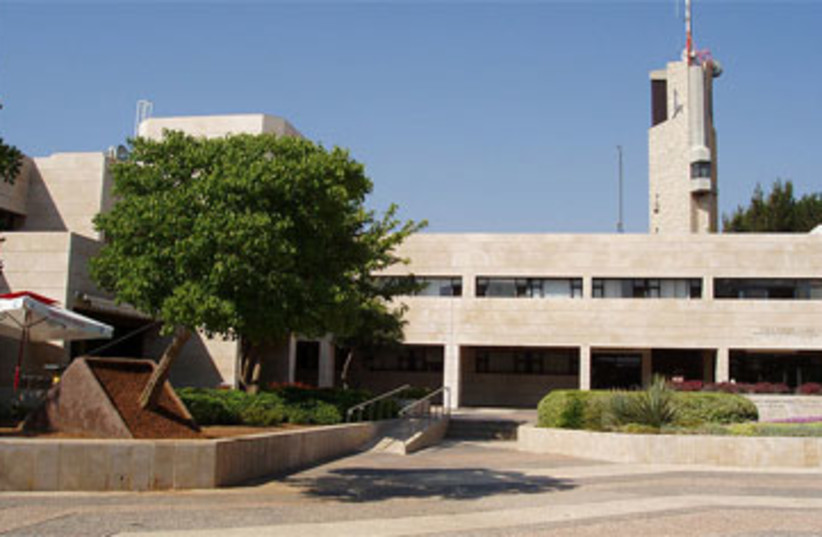Amir Akiva Segal says the first two decades of the 21st century witnessed a series of dramatic developments in Israel, including the 2005 disengagement from Gaza, the 2006 Second Lebanon War, the 2011 social protest movement and the 2014 Palestinian uprising. “These events were accompanied by the emergence of political and social movements on a scale unprecedented in modern-day Israel,” he claims.
“These events were accompanied by the emergence of political and social movements on a scale unprecedented in modern-day Israel.”
Amir Akiva Segal
Segal’s new book, Protest Poetry in Israel (due to be published in Hebrew), examines the developments that led to what he calls “the crystallization of Israeli political poetry.”
“During these years, Hebrew poetry was characterized by the appearance of new poets and poetry groups, the founding of literary-political magazines, and the emergence of fascinating new protest poetry,” he says. “It related to all aspects of the Israeli experience: the Israeli-Palestinian conflict, the occupation of the West Bank (or Israel’s presence in Judea and Samaria), widening economic and social gaps, the status of women, ethnic tensions, racism and mass immigration.
“The story of this era in Hebrew poetry has not yet been told. It has not been researched in depth, either. Examining it is key to understanding the important processes that occurred in Hebrew poetry and the involvement of poets in social activism during this period.”

Segal’s work on the book took several years, during which he also produced a radio program on protest poetry for the Kol Hashalom station, organized a series of events on protest poetry, and wrote on the subject in literary journals.
The book, he says, explores the role of literary journals and poetry anthologies as well as the activity of poets and poetry groups in the context of political events at the time. He analyzes the processes that shaped Israeli society from 2000 to 2020, which he believes will continue impacting it for many years to come.
Who is Israeli poet Amir Akiva Segal?
Segal is a poet, writer and literary critic. Born in Tzipori in 1980, he holds a BA in psychology and philosophy from the Hebrew University of Jerusalem and an MA in organizational development from the College of Management Academic Studies in Rishon Lezion. He is married to Anya Zhuravel Segal, a Russian immigrant who is also a writer, and they live in Jerusalem with their three children.
Segal has published three books of poetry and a novel as well as multiple translations of Russian poetry to Hebrew, notably the works of Osip Mandelstam and Victor Tsoi. He has dealt extensively with political poetry as a researcher and authored numerous articles in literary journals. Named by blogger Ilan Berkovich “the most important poetry critic in Israel today,” his poetry reviews have been published by the literary journal Iton 77 and the weekly Kav Lamoshav, and broadcast by the Israel Broadcasting Authority (which since 2017 is called KAN).
His poems, short stories, views and reviews have been published in several magazines, including The Jerusalem Report. Segal won the Rafi Farbman Prize for young poets, awarded for his anthology, Returning from the Reserves, the Harry Hershon Prize, awarded for his novel, Song of America, and the Rachel Negev Poetry award from the Hebrew University in 2020. Here is one of his protest poems, which he translated from Hebrew into English at my request:
<br>At this point
They wrote about the dead son
There is nothing to add to this
At this point
The door is closed
Mountains in the rear view
New residential buildings
In Jerusalem too
A sign of reluctance in the flesh
A sign of service in the other flesh
Voices rose
From rented apartments
We will not stay
Here at any cost
Segal recently launched a crowd-funding campaign for his interesting new book. If you’d like to contact him or help with the funding, his email is sglamir@gmail.com.
